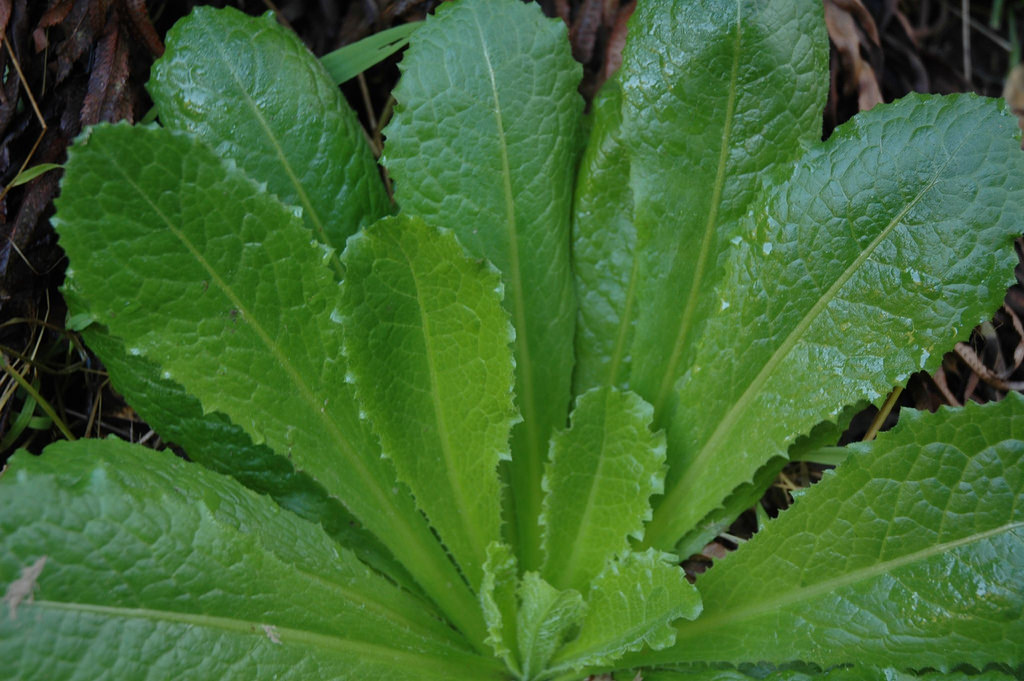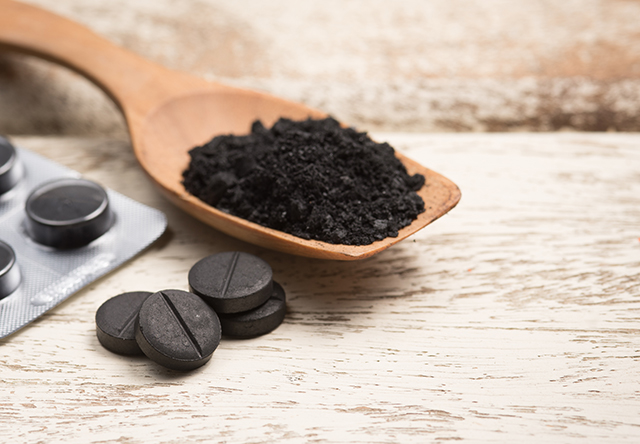Asian lizard’s tail, a well-known plant in traditional Korean medicine, can help people suffering from arthritis
04/11/2019 / By Janine Acero

For most of us, it’s a knee-jerk reaction to open our medicine cabinets and grab the nearest painkiller whenever physical pain plagues us, especially for those who are suffering from arthritis. But there is evidence to suggest that natural cures are just as effective as any conventional medication on the market, sans the side effects.
The Asian lizard’s tail plant (Saururus chinensis) is revered in traditional Korean medicine as treatment for pain, intoxication, edema, and furuncle. Previous research has documented the anti-inflammatory, renoprotective, neuroprotective, and antioxidant properties of S. chinensis leaves. Researchers from the National Development Institute of Korean Medicine (NIKOM) aimed to add to the medicinal benefits of S. chinensis by studying the effect of its leaf extract on mice with type II collagen-induced arthritis. Their findings were published in the BMC Complementary and Alternative Medicine journal.
The NIKOM researchers used the water extract of 13 dried leaf samples of S. chinensis (SHW) and evaluated the effects on type II collagen-induced arthritis (CIA) mice models. The mice models were divided into five groups: Control; CIA; CIA + Methotrexate (MTX); CIA + 100 mg/kg SHW; and CIA + 500 mg/kg SHW. MTX was used as a positive control.
SHW was orally administered once a day for three weeks. At the end of the experiment, the mice were euthanized by carbon dioxide inhalation.
The researchers used high-performance liquid chromatography (HPLC) to perform quantitative analysis of major components from SHW. They used enzyme-linked immunosorbent assay (ELISA) to measure serum levels of interleukin-6 (IL-6), TNF-alpha, and type II collagen IgG in the mice models. IL-6 and TNF-alpha are known cytokines in the pathogenesis of rheumatoid arthritis.
Results showed that SHW treatment at 500 mg/kg decreased the serum level of IL-6, TNF-alpha, and collagen IgG in the CIA mice models. SHW treatment also diminished the swelling of hind limbs and monocyte infiltration in blood vessels in CIA mice models.
These results indicate that SHW can act as a therapeutic agent against arthritis by reducing the inflammatory response in CIA mice models in vivo. This suggests that SHW could improve arthritis by reducing inflammatory factors. The researchers note that further experiments are required to determine how SHW influences signal transduction in animal models. (Related: Rosehips reduce inflammation and fight off chronic disease symptoms.)
Herbal medicine for arthritis pain
Arthritis is characterized by inflammation of the joints, and there are a lot of medicinal plants that have been proven to possess potent anti-inflammatory properties. This is why more people are looking to botanicals to address arthritis pain. Here are some anti-inflammatory herbs that may give you relief.
- Aloe vera — This succulent is a staple in alternative medicine. Known for its healing abilities, aloe vera also boasts of pain-relieving properties when applied topically to ease arthritis pain.
- Boswellia — Commonly known as frankincense, boswellia is known for its anti-inflammatory capabilities which have been observed to block substances like leukotrienes that attack healthy joints in autoimmune diseases like rheumatoid arthritis.
- Eucalyptus — Eucalyptus is used in many medicinal applications. Topical forms of eucalyptus leaves are used to relieve arthritis pain.
- Ginger — Many studies have highlighted the potent anti-inflammatory properties of ginger. In traditional medicine, ginger is used to increase blood circulation, which helps relieve pain in the affected area.
- Green tea — Green tea is well-known for reducing inflammation in the body. A 2010 study found that green tea may help people with osteoarthritis as well as those with rheumatoid arthritis.
- Turmeric — Turmeric is the powder that gives certain dishes like curry their characteristic yellow hue. Studies show that turmeric may slow the progression of rheumatoid arthritis. It owes its anti-inflammatory properties to its active ingredient, curcumin.
Don’t let arthritis hamper your enjoyment of life. Mother Nature provides numerous solutions to pain and more — visit NaturalMedicine.news to learn more.
Sources include:
NaturalArthritisTreatments.net
Submit a correction >>
Tagged Under:
alternative medicine, arthritis, herbal medicine, joints, natural cures, natural medicine, pain relief, plant cures, plant medicine, remedies, research, Traditional Korean Medicine
This article may contain statements that reflect the opinion of the author

RECENT NEWS & ARTICLES
Herbs.News is a fact-based public education website published by Herbs News Features, LLC.
All content copyright © 2018 by Herbs News Features, LLC.
Contact Us with Tips or Corrections
All trademarks, registered trademarks and servicemarks mentioned on this site are the property of their respective owners.





















